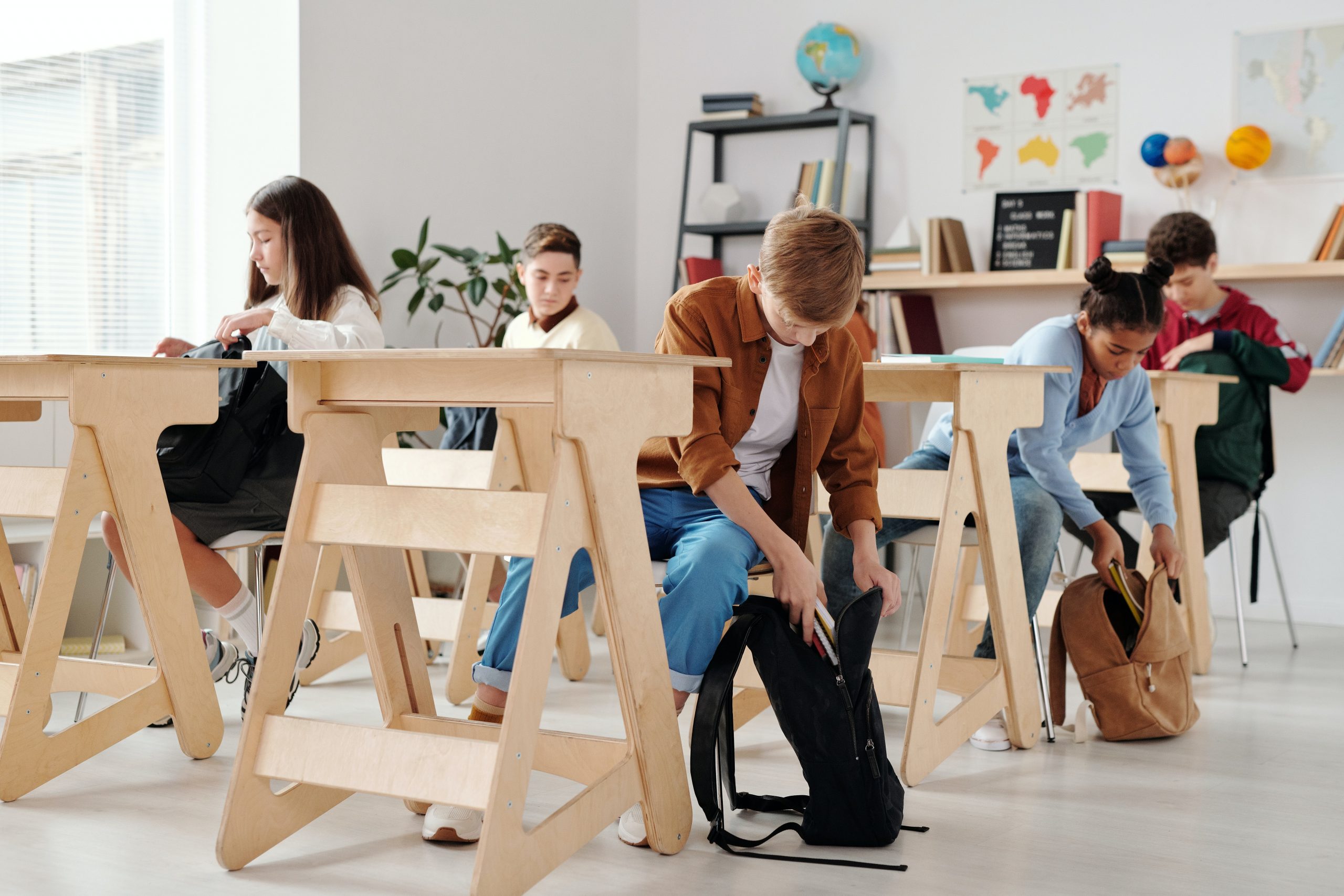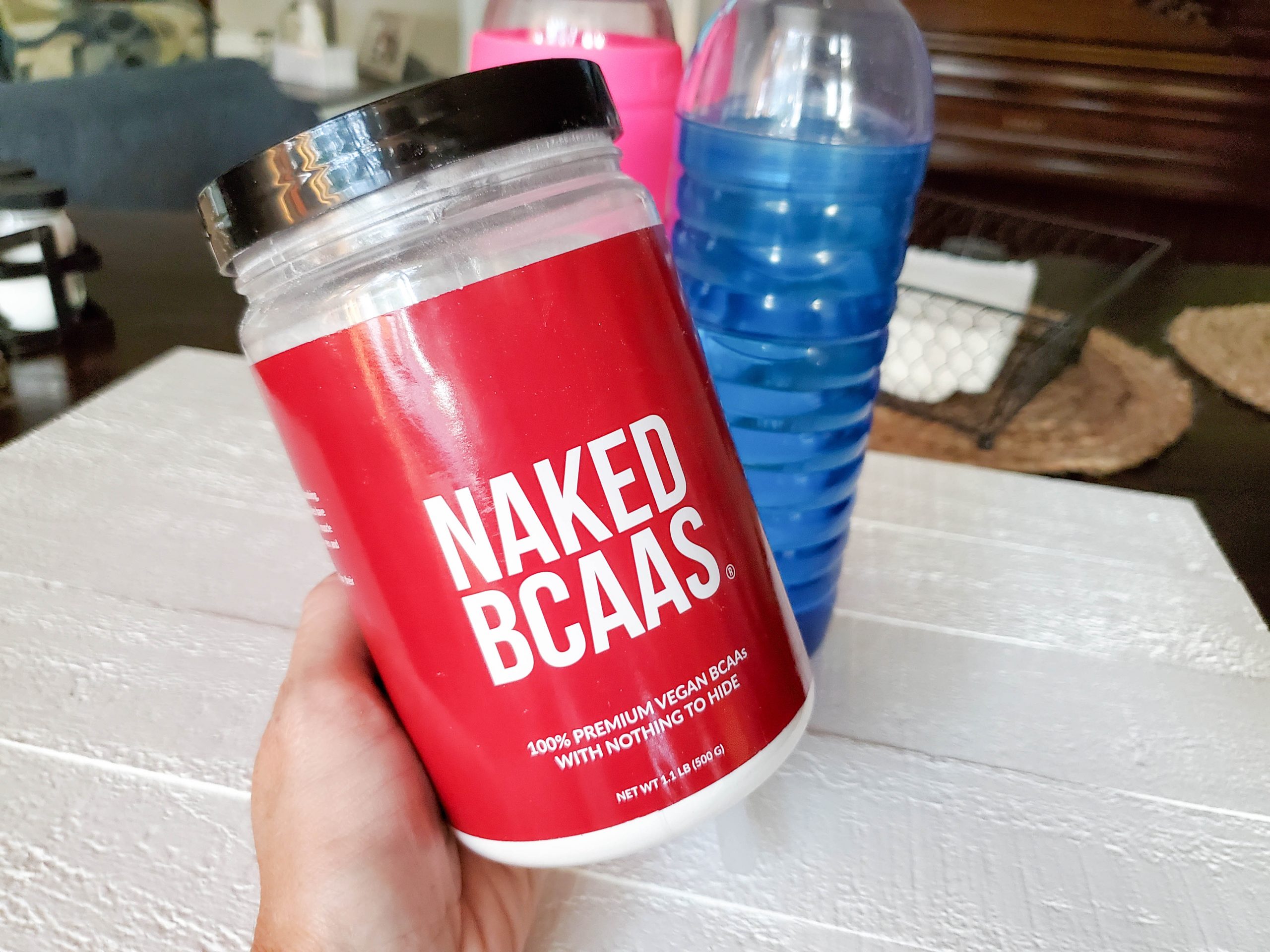Choosing a school for your child is a decision that is likely to have a far-reaching impact. The right school will instill a love of learning and cater for other aspects of childhood development including creative arts, socializing and sport. There are many types of schools in the US, and this article will strive to clarify the approach that various private schools take, helping you to make the most suitable choice for your child.
Traditional Private Schools
Private schools do not receive government funding and they, therefore, have extra freedom in the way they follow the curriculum. They often limit class sizes and give more individual attention to students. Waterford school, one of the leading private schools in Salt Lake City, provides an excellent example. Before choosing a private school, look into what it aims to achieve and whether it follows specific philosophies, including religious ones.
Boarding Schools
Boarding schools provide accommodation for students, and they live at the school throughout the semester. How well your child copes will depend on his or her personality. It takes a certain amount of resilience to adapt to living away from the family home, and although children can make excellent friends in boarding school, they will also face conflicts and challenges with less support than they would have had at home.
Language Immersion Schools
There are several different approaches to language immersion schooling, but simply put, some or all of the classes are presented in a language other than English. English is used, but to a greater or lesser degree depending on the model being followed. Language immersion schools are used by those who wish their children to be fluent in another language and by parents with a native language other than English who want their children to receive as much instruction in their home language as possible.
Montessori Schools
Individuality is fostered at Montessori schools where children are encouraged to explore the world of learning, often with the help of hands-on activities. The method aims to forge a close-knit group, with each class retaining the same group of children and teacher for a period of three years.
Parochial and Religious Schools
Faith affiliations are important in both of these types of schools. Parochial schools, however, receive some funding from the church with which they are affiliated, while religious schools depend solely on school fees for funding. The curriculum is varied, but some time is spent in teaching the principles of the church the school represents.
Reggio Emilia Schools
Most schools following this teaching philosophy will name the Reggio Emilia method rather than naming the entire school as a “Reggio Emilia School.” The teaching methods used to communicate through a variety of media and experiences, and teachers carefully note the moments that resonate with individual children. Emotional reactions are considered to be as important as learning moments, and a wide range of competencies are evaluated in the process.
Waldorf Schools
Waldorf schools are nonprofits. Teaching on a purely intellectual level only begins at 14, with younger children being encouraged to learn through play and physical activities. The schools focus on physical development until children reach the age of 7 and emotional development until the age of 14. Despite criticisms of this method, the children seem to do well, with a high percentage going on to pursue a college education.
Magnet Schools
Magnet schools are popular for students with a preferred field of study. A full curriculum is offered, by the school may specialize in a specific area, for example science or mathematics. These schools often have waiting lists and they give preference to children who have shown aptitude in specific areas.
Online Schools
Virtual classrooms became the rule rather than the exception in 2020 to 2021. However, it is possible for children to be placed in schools where all or most tutelage is always offered online. This has advantages, but children will need good parental supervision as well as additional activities that give them opportunities to socialize with other people and learn social coping skills.
Special Education Schools
While many children with special needs are able to cope at regular schools, with extra-mural therapies targeting learning or communication difficulties, there are instances when it is better for them to be removed from the mainstream education system and placed in schools that focus on their needs. Some special education schools, like schools for the hearing-impaired, tailor the way they present information to the needs of students as well as offering therapies that will be of benefit in the outside world.
Military Schools
While some people believe that military schools are intended for difficult children, that isn’t the case. They act as an excellent preparation for children who hope to have a career in the military and although the level of discipline is stricter, it is by no means excessive.
Charter Schools
Charter schools occupy a territory between public and private schools. They do receive government funding and must abide by at least some Education Department regulations, but they also offer many of the features to be found in private schools. They often have quite long waiting lists and may choose to select students using a lottery-like system.
NYC Charter school occupy a territory between public and private schools. They do receive government funding and must abide by at least some Education Department regulations, but they also offer many of the features to be found in private schools. They often have quite long waiting lists and may choose to select students using a lottery-like system.
Traditional Public Schools
Public schools are managed entirely by the Education Department, and they must accept students who live within a predetermined radius of the school. They have many benefits: a well-rounded education presented by qualified and licensed teachers, and an opportunity to meet a great many children who live within their neighborhoods. Classes are usually larger, but this is not always a disadvantage for individual students.
Choosing the Right School
Although practical considerations such as the school’s proximity to home will definitely be on any parent’s list, it’s worth visiting schools and gaining first-hand experience of their approach to teaching and learning as well as the other activities offered in order to make a choice that will best suit your child. School days really can be the best days of one’s life – provided that the school meets your child’s needs for learning, socializing, and sports.
Photo by Max Fischer from Pexels




